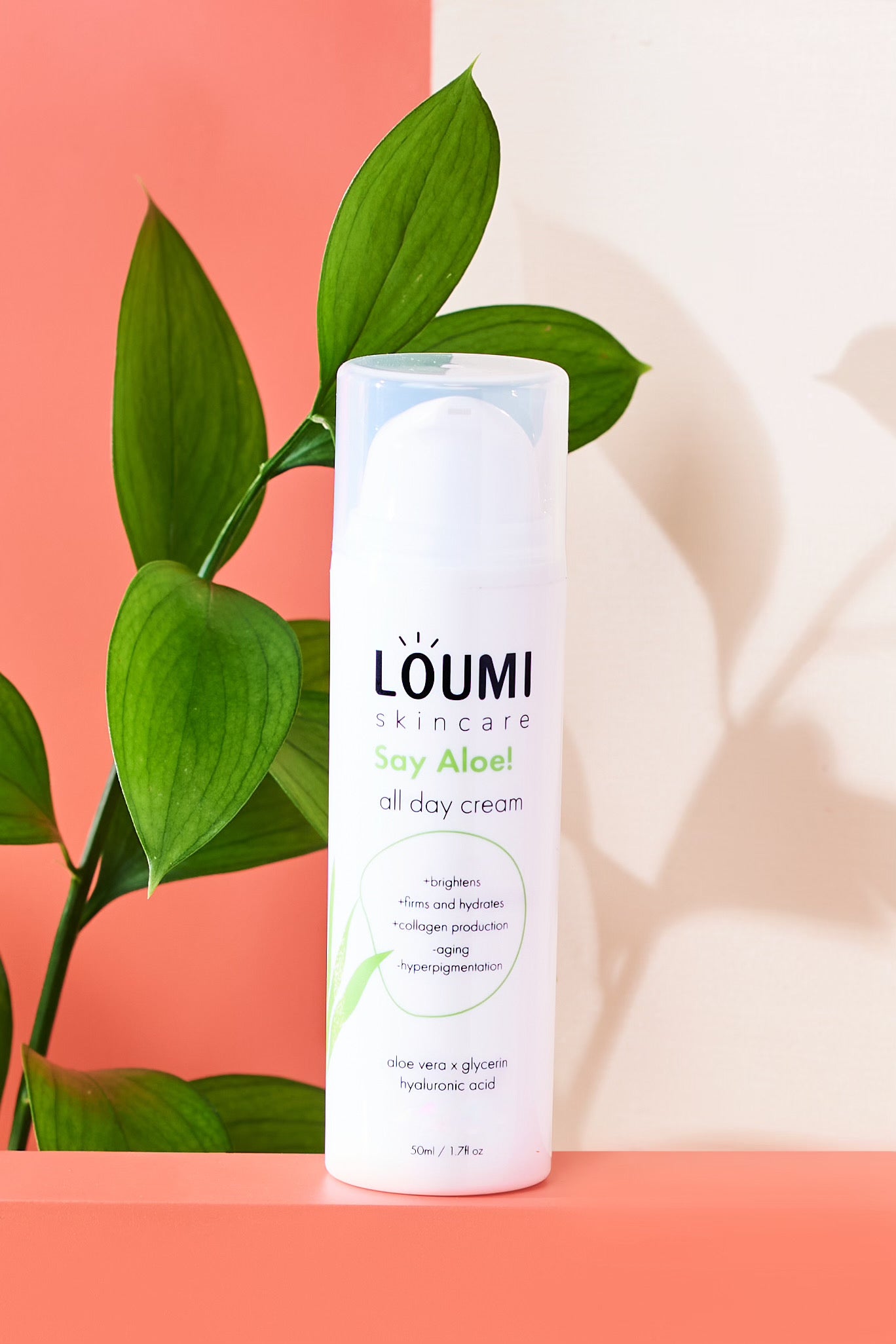
When we think about maintaining a healthy home, we often focus on visible cleanliness—dusting shelves, vacuuming floors, and keeping surfaces sparkling. However, one of the most common allergens lurks where we least expect it: dust mites. These microscopic creatures, invisible to the naked eye, can significantly impact our health, particularly for those with allergies or asthma. In this blog, we’ll explore what dust mites are, how they affect our health, and practical steps you can take to reduce their presence in your home.
What Are Dust Mites?
Dust mites are tiny arachnids, closely related to spiders and ticks, that thrive in warm, humid environments. They feed primarily on dead skin cells shed by humans and pets, making our homes an ideal habitat. Commonly found in bedding, upholstered furniture, and carpets, dust mites can number in the millions within a single household.
How Do Dust Mites Affect Our Health?
While dust mites themselves don’t bite or transmit diseases, their presence can trigger allergic reactions and exacerbate asthma symptoms. The primary culprits are the proteins found in their feces and body fragments. When these particles become airborne and are inhaled, they can cause a range of symptoms, including:
-
Sneezing and Runny Nose: Similar to hay fever, dust mite allergies can lead to persistent sneezing and nasal congestion.
-
Itchy, Red Eyes: Allergic reactions often manifest in the eyes, causing discomfort and irritation.
-
Coughing and Wheezing: For asthma sufferers, dust mites can trigger or worsen respiratory symptoms, leading to coughing, wheezing, and shortness of breath.
-
Skin Reactions: Dust mites can significantly impact the skin, especially for those with eczema or sensitive skin. Their allergens can cause skin reactions, leading to symptoms such as:
- Itchy Skin: The proteins from dust mites can cause intense itching, which may lead to scratching and further irritation.
- Rashes: Exposure to dust mites can result in red, inflamed patches of skin, commonly known as rashes.
- Eczema Flare-Ups: For individuals with eczema, dust mites can trigger flare-ups, causing dry, scaly, and irritated skin. This can be particularly challenging as it often leads to a vicious cycle of itching and scratching, which exacerbates the condition.
Reducing Dust Mites in Your Home
Minimizing dust mites requires a combination of regular cleaning and preventive measures. Here are some effective strategies:
-
Wash Bedding Frequently: Since dust mites thrive in bedding, wash sheets, pillowcases, and blankets weekly in hot water (at least 130°F) to kill mites and remove allergens.
-
Use Allergen-Proof Covers: Encase mattresses, pillows, and box springs in allergen-proof covers to create a barrier between you and dust mites.
-
Maintain Low Humidity: Dust mites thrive in humid environments. Use a dehumidifier or air conditioner to keep indoor humidity levels below 50%.
-
Vacuum Regularly: Use a vacuum cleaner with a HEPA filter to effectively capture dust mites and their allergens from carpets and upholstery. Vacuum at least once a week.
-
Reduce Clutter: Clutter can trap dust and provide additional hiding places for dust mites. Keep your home tidy and dust surfaces regularly with a damp cloth.
-
Opt for Hard Flooring: Carpets can harbor dust mites. Consider replacing them with hard flooring options like wood, tile, or linoleum, which are easier to clean.
-
Wash Stuffed Toys: Children’s stuffed toys can also harbor dust mites. Wash them regularly in hot water or place them in the freezer for 24 hours to kill mites.
-
Use a Damp Mop or Cloth: When cleaning, use a damp mop or cloth to trap dust rather than just stirring it up into the air.
Final Thoughts
Dust mites may be invisible, but their impact on our health is undeniable. By understanding what they are and how to reduce their presence, you can create a healthier home environment for you and your family. Regular cleaning, maintaining low humidity, and taking preventive measures can significantly reduce dust mite populations and their allergens, leading to fewer allergic reactions and skin irritations. For those with sensitive skin or eczema, these steps are particularly important to help manage and prevent uncomfortable flare-ups.
At LOUMI Skincare, we understand the importance of caring for sensitive skin. Our products are designed to provide gentle, effective solutions for those affected by allergens like dust mites. Learn more about our skincare solutions at [LOUMI Skincare](https://www.loumis Skincare.com).
